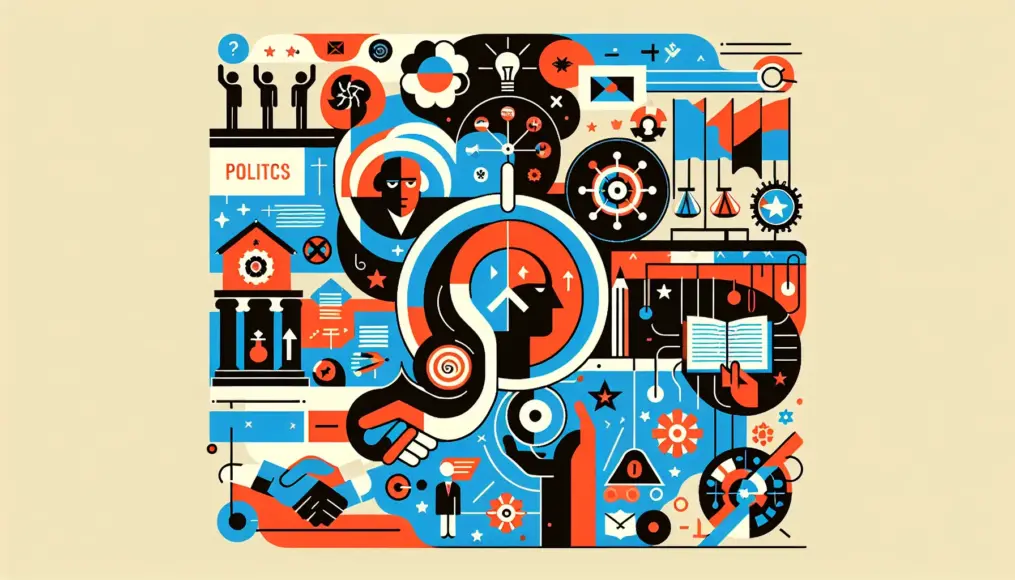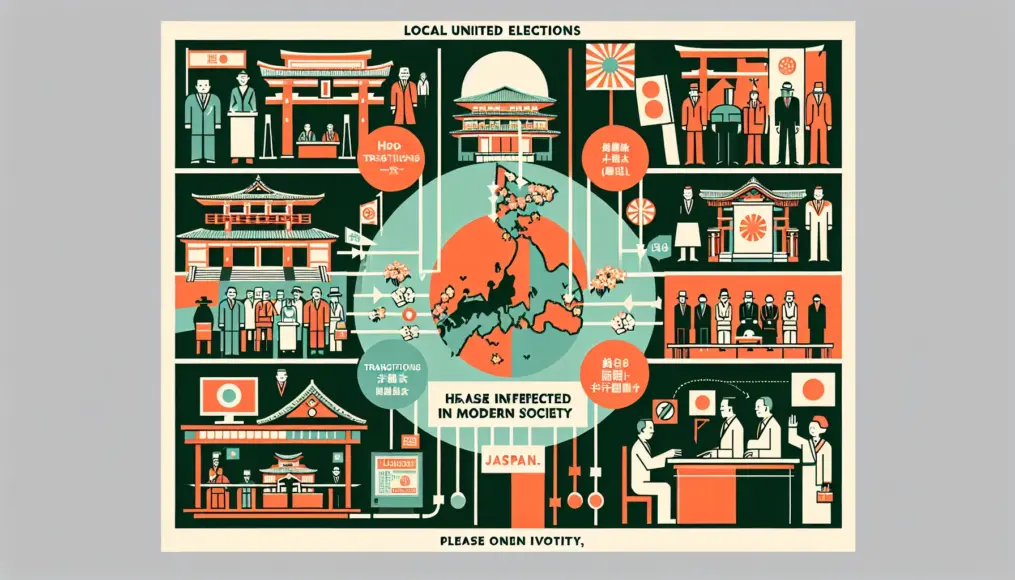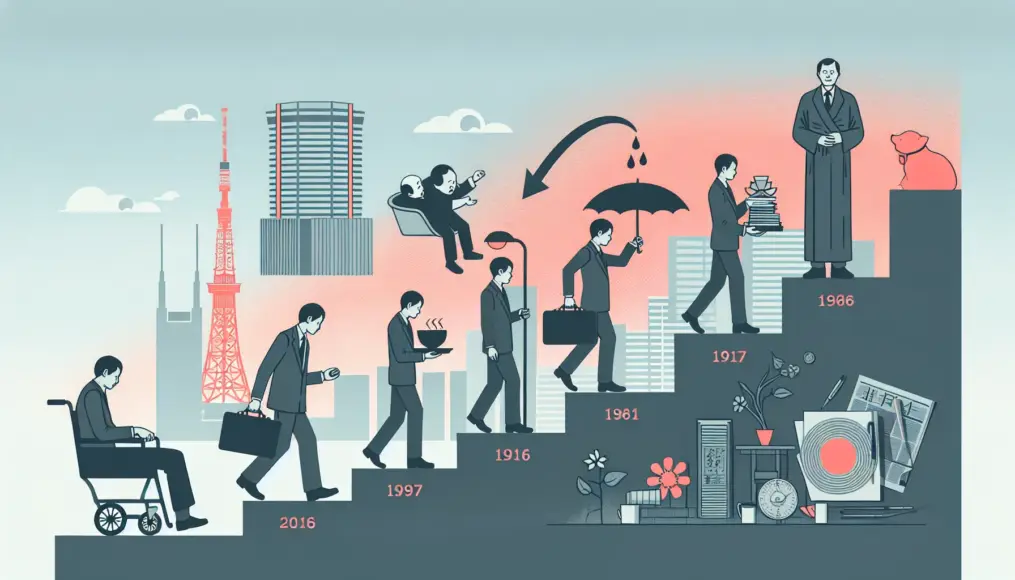Rousseau’s theory of the social contract has significantly influenced our understanding of society and politics. This idea prompts us to rethink the relationship between individuals and the community, questioning how we coexist. In today’s context, it offers valuable insights into democracy and the rights and freedoms of citizens.
In this article, we will delve into the fundamental concepts of Rousseau’s social contract theory, its historical background, and its ramifications for modern society. We’ll explore how Rousseau’s ideas have shaped our lives and political systems, as well as their contribution to the protection of citizens’ rights and freedoms.
By examining Rousseau’s philosophy, we can gain a clearer understanding of how our society is constructed and how it can evolve.
- We will explain the core concepts of Rousseau’s social contract theory.
- We will examine its influence on modern political institutions.
- We will explore the guarantees of citizens’ freedoms and rights in detail.
What is Rousseau’s Social Contract Theory?
Rousseau’s Social Contract Theory was introduced by the 18th-century philosopher Jean-Jacques Rousseau. This theory delves deeply into the relationship between individuals and society, offering a fresh perspective on the legitimacy of governments and political systems. Rousseau argued that as humans transition from a state of nature to a structured society, they should enter into a social contract to protect their freedoms and rights. This way of thinking has become a cornerstone of modern democracy and citizenship.
In this section, we will first explore the fundamental concepts of Rousseau’s Social Contract Theory and then examine the context in which these ideas emerged. By understanding how Rousseau’s thoughts were shaped and the impact they had, we can gain deeper insight into the significance of his philosophy.
Explanation of Fundamental Concepts
At the heart of Rousseau’s Social Contract Theory is the balance between individual freedom and the common good of society. He believed that humans are inherently free and equal, but to coexist in society, certain rules and agreements are necessary. Through this contract, individuals can join together to protect their rights, ultimately gaining greater freedom as a result.
Rousseau also introduced the concept of the “general will.” This refers to the collective will that considers the interests of society as a whole, emphasizing the importance of having common goals that transcend individual desires. By adhering to this general will, individuals can truly enjoy their freedom.
- Rousseau emphasizes the essence of humans as free and equal beings.
- He argues that individual rights are safeguarded through social contracts.
- The general will is a crucial element that considers the collective good of society.
The Context of His Thought
The backdrop against which Rousseau proposed his Social Contract Theory was heavily influenced by the societal conditions and philosophical currents of his time. The 18th century was marked by the Enlightenment, an era that valued reason and science. During this period, critiques of traditional authorities and institutions grew stronger, as people sought to create a better society.
Moreover, Rousseau’s own upbringing and experiences significantly shaped his thinking. Born into a poor family, he witnessed social inequalities firsthand. These experiences led him to develop a philosophy that prioritized human freedom and equality. Rousseau’s Social Contract Theory can thus be seen as a reflection of both the historical context of his time and his personal experiences.
If you’re intrigued by Rousseau’s Social Contract Theory, you might also find our article on the philosophical examination of authoritarian regimes interesting: “Philosophical Examination of Authoritarian Regimes and Their Impact.” This piece clarifies the differences between authoritarianism and democracy while offering valuable perspectives on the significance of social contracts.
- The Enlightenment of the 18th century greatly influenced Rousseau’s thinking.
- There was a growing critique of social inequalities.
- Rousseau’s personal experiences are reflected in his philosophy.
Impact on Modern Society
Jean-Jacques Rousseau’s social contract theory has significantly influenced contemporary political systems and social structures. This theory emphasizes individual freedom and rights while seeking harmony within society as a whole, particularly contributing to the development of democracy. Many of the systems and values we see in modern society are rooted in Rousseau’s ideas.
In this article, we will explore in detail how Rousseau’s social contract theory specifically impacts today’s political systems and social structures. We will examine how democratic institutions reflect Rousseau’s thinking and consider the roles and rights of individuals within society.
Influence on Political Systems
Rousseau’s social contract theory provides the foundational ideas for democracy. According to his philosophy, the legitimacy of government stems from the consent of the governed, asserting that power originates from the people. This has led to the establishment of principles in many modern democratic nations whereby governmental authority should be constrained by the will of the citizens.
Additionally, Rousseau’s concept of the general will promotes a focus on the collective good when making political decisions. This approach not only ensures the protection of individual rights but also emphasizes the need for policies that consider the welfare of society as a whole.
- Rousseau’s ideas form the basic principles of democracy.
- Government power is said to be based on the consent of the citizens.
- The general will influences political decision-making.
Influence on Social Structures
Rousseau’s social contract theory also impacts social structures. He advocated for the realization of a free and equal society, emphasizing that individual rights and freedoms must be protected. This perspective is directly linked to modern concepts of human rights and equality.
Furthermore, Rousseau’s philosophy highlights the importance of community within society. His theory posits that individuals have roles as part of a larger social fabric, and relationships of mutual support are essential. This viewpoint can be seen in contemporary social movements and community-building efforts, serving as a foundation for creating a better society.
- Contributes to the realization of a free and equal society.
- Influences modern concepts of human rights and equality.
- Emphasizes the importance of community.
Ensuring Citizens’ Freedoms and Rights
Jean-Jacques Rousseau’s social contract theory is deeply intertwined with the protection of citizens’ freedoms and rights. Central to his philosophy is the belief that individuals are inherently free and equal. To safeguard this freedom, a social contract must be established. Through this contract, citizens gain a foundation for defending their rights while also being encouraged to consider the welfare of society as a whole. Rousseau’s ideas emphasize the significance of human rights and the importance of citizens’ rights in contemporary society.
In this section, we will first explore the concept of freedom, followed by a detailed examination of the expansion of rights. By engaging with Rousseau’s thoughts, we can better understand how the freedoms and rights we enjoy today have been shaped over time.
The Concept of Freedom
For Rousseau, freedom is not merely the absence of constraints; it encompasses the ability to act based on one’s own will. He believed that it is crucial for individuals in society to possess the freedom to make their own choices. This freedom transcends simple liberation from external pressures; it allows for true self-realization.
Moreover, Rousseau argued that freedom is universal and should be granted to all people. Based on this idea, individuals can retain their liberties while becoming part of a community through the social contract. The realization of freedom within society hinges on the respect for individual rights.
- Freedom means acting according to one’s own will.
- Rousseau believed that freedom should be granted to everyone.
- The social contract allows for the preservation of individual freedoms.
The Expansion of Rights
Rousseau’s social contract theory has significantly influenced the expansion of rights. He argued that to protect individual rights, society as a whole must ensure their safeguarding. As a result, individual rights are recognized and protected within the framework of the social contract.
Even today, Rousseau’s ideas greatly impact the concept of human rights. Numerous laws and systems reflect his philosophy during the ongoing process of expanding citizens’ rights. Notably, the guarantees of fundamental rights such as voting rights and freedom of expression serve as evidence of Rousseau’s enduring legacy.
- Society must ensure the protection of individual rights.
- Rousseau’s thoughts have influenced the concept of human rights.
- The protection of fundamental rights is based on Rousseau’s ideas.
Critique and Assessment of Rousseau’s Ideas
While Jean-Jacques Rousseau’s social contract theory remains a highly influential concept, it has also faced various criticisms. Questions often arise regarding the feasibility of his ideals and the notion of the general will in actual social and political contexts. Furthermore, it’s essential to explore how his ideas have been evaluated over time and their relevance in contemporary society. This section delves into critical perspectives on Rousseau’s thoughts and their current assessment.
Among the criticisms is the skepticism regarding the applicability of Rousseau’s theories to practical political systems. Some argue that the concept of the general will could potentially infringe upon individual freedom. These perspectives allow us to consider the limitations and challenges inherent in Rousseau’s ideas.
Critical Perspectives
Rousseau’s social contract theory has attracted several critiques. One of the primary concerns is that his notion of the general will may sacrifice individual freedoms and rights. Critics worry that an overemphasis on the collective good could lead to the neglect of minority opinions and rights. This discrepancy between ideals and reality is often highlighted as a significant issue.
Additionally, some critique Rousseau’s idealistic approach for failing to adequately account for the complex interests involved in actual political systems. Political decision-making often requires compromise and negotiation, raising questions about how Rousseau’s theory addresses these realities. Such critiques underscore the limitations within Rousseau’s framework.
- The general will may infringe on individual freedoms
- There are doubts about the applicability of his idealism to real-world politics
- Critics argue that he overlooks the complexity of competing interests
Contemporary Assessment
In modern times, Rousseau’s social contract theory continues to wield significant influence. His ideas are deeply intertwined with the concepts of democracy and human rights, particularly the values of individual freedom and equality, which are increasingly emphasized in today’s society. Rousseau’s thoughts remain a topic of discussion in political theory and social movements.
Moreover, his influence extends into the fields of education and ethics. The educational philosophy he proposed, which prioritizes the free development of children, has been integrated into contemporary educational systems. Thus, despite facing criticism, Rousseau’s ideas remain vital guiding principles in modern society.
- Rousseau’s ideas have influenced democracy and human rights
- They form a foundation for the importance of individual freedom and equality
- His thoughts also have a significant impact on education and ethics
Conclusion
Rousseau’s social contract theory has played a significant role in harmonizing individual freedom with the greater good of society. Its influence has spanned from the 18th century to the present day. His ideas contributed to the formation of democracy and civil rights, emphasizing the importance of individual rights and liberties. While Rousseau’s philosophy has faced criticism, it remains a relevant guide in contemporary political and social discourse.
Through this perspective, we have the opportunity to reconsider our roles and rights as individuals within society. The issues and ideals that Rousseau raised continue to be vital themes today, presenting us with important questions to ponder as we look toward the future.
- Rousseau’s social contract theory seeks to balance individual freedom with the interests of society as a whole.
- His ideas laid the groundwork for democracy and civil rights.
- Rousseau’s theories still serve as a valuable guide in modern society.
Reflecting on our own freedoms and rights through Rousseau’s lens is crucial. If you have thoughts or opinions about this article, please feel free to share them in the comments!



Comment